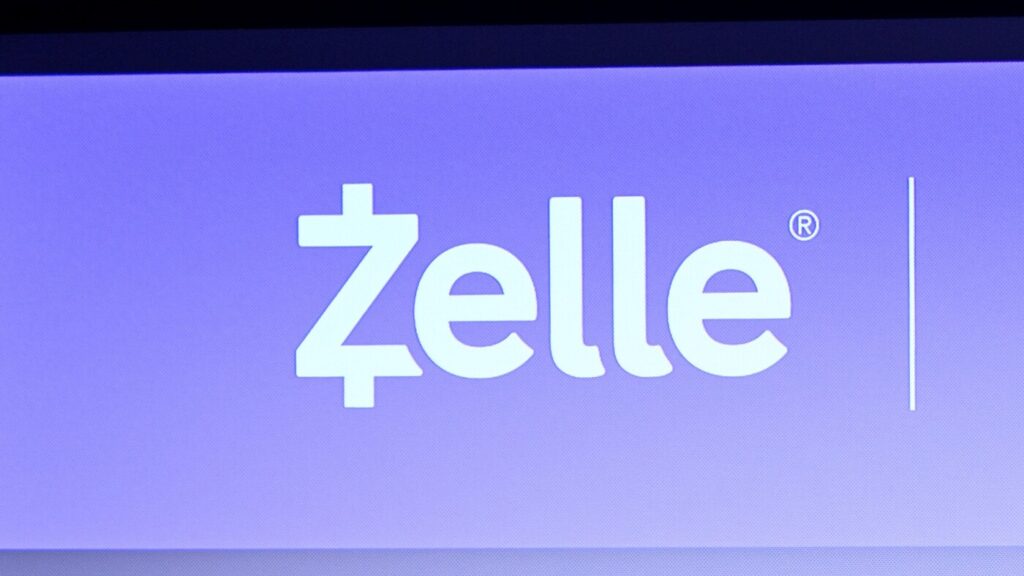The Consumer Financial Protection Bureau has decided to drop its lawsuit against the payment network Zelle and three major banks that own it. The lawsuit, filed in late December, accused Bank of America, JPMorgan Chase, and Wells Fargo of failing to protect consumers from widespread fraud, resulting in losses exceeding $870 million over seven years. The previous CFPB leadership had emphasized the banks’ obligation to safeguard customers’ funds and assist fraud victims in recovering their losses.
Under the current leadership of acting director Russell Vought, the CFPB has been withdrawing enforcement actions against various companies, including Zelle and its parent banks. This shift in approach has raised concerns among consumer advocates, such as Chuck Bell from Consumer Reports, who view it as a retreat from consumer protection efforts, particularly in cases of financial misconduct.
In response to the dropped lawsuit, the Consumer Bankers Association CEO Lindsey Johnson defended the banks, stating that they had complied with the law and emphasized the need for collaborative efforts to address fraud and scam activities.
The CFPB’s actions have sparked controversy, with critics questioning the agency’s effectiveness and advocating for its elimination. The bureau, established in the aftermath of the 2008 financial crisis, has faced opposition from various sectors, including Republicans, Wall Street, and Silicon Valley, who criticize its regulatory approach as overly stringent.
As the CFPB undergoes significant changes and faces scrutiny over its enforcement decisions, the future of consumer financial protection remains a topic of debate and concern within the financial industry and beyond.

